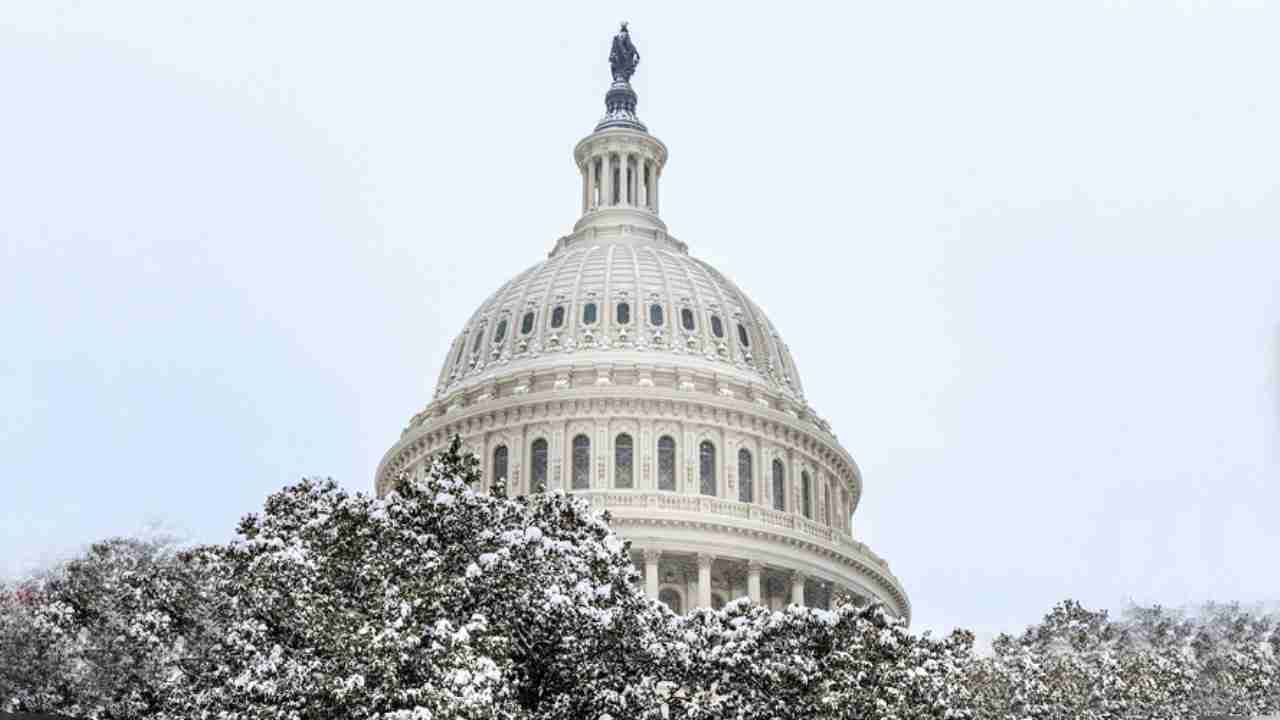Unions say the measure is designed not to help workers, but rather to interfere with their decision whether to join a labor organization.
A group of conservative House lawmakers have introduced legislation that would eliminate federal employees’ ability to pay union dues directly from their pay checks, attracting outcry from labor groups.
For decades, federal employees who join a union have been able to have their dues deducted directly from their paychecks, similarly to how employees’ portion of health care premiums and retirement contributions are collected. Many private sector employers also offer union dues withholding if their workplaces are unionized.
But a bill introduced last month by Rep. Eric Burlison, R-Mo., would do away with that longstanding practice. The Paycheck Protection Act (H.R. 4971) would bar federal agencies and the U.S. Postal Service from automatically deducting union dues from employees’ pay checks. The measure is cosponsored by Reps. Mary Miller, R-Ill., Bob Good, R-Va., Andrew Ogles, R-Tenn., Nancy Mace, R-S.C., Harriet Hageman, R-Wyo., Thomas Tiffany and Glenn Grothman, both R-Wis.
In a statement to Government Executive, Burlison said allowing union dues to be deducted directly from federal workers’ paychecks amounts to “preferential treatment” for labor groups.

